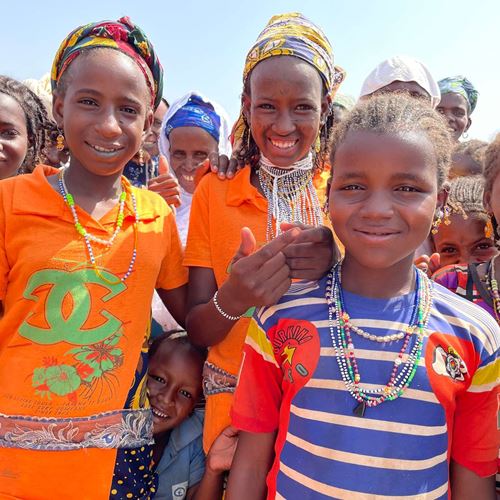
Community Feedback Mechanism
1 file(s)
Of the Core Humanitarian Standard (CHS) nine commitments, Commitment 5 on welcoming and addressing complaints consistently scores the lowest. DRC, together with many other organisations, faces challenges to effectively design and maintain Community Feedback Mechanisms (CFMs). This guidance serves as a reference manual for staff and partners within DRC and beyond to strengthen efforts to be more accountable to the people with whom – and for whom – we work.

Community Feedback Mechanisms (CFMs) are key to ensuring that people affected by crisis have access to avenues to hold humanitarian actors to account. They offer a formalised structure for people to share suggestions, ideas and concerns in regard to the delivery of humanitarian services.
DRC’s global Community Feedback Mechanism Guidance and Toolkit was developed drawing on the experiences across several DRC country operations to ensure the framework was grounded in field reality, with many valuable contributions from colleagues within and external to DRC.
Users of this guidance are expected to adapt it with the tools provided to suit their context, needs, resources and country-office structure. The document is first and foremost a reference manual, where staff can take from it what they need, when they need it, without having to review all the content in one go.
Despite the plethora of guidelines that currently exist, for DRC this document offers a much-needed practical resource, established in response to requests of many field practitioners for clearer guidance and tools to strengthen all aspects of implementing CFMs. Crucially, for DRC, this guidance marks significant progress regarding our certification against the Core Humanitarian Standard on feedback and complaints handling systems, which has been an area of non-conformity over the past four years as identified by independent accredited HQAI CHS auditors.
This guidance is an essential part of being more accountable to people, a crucial building block in our accountability framework and a key guide for our international operations on the ground who are already working hard to close this sector-wide accountability gap.

1 file(s)